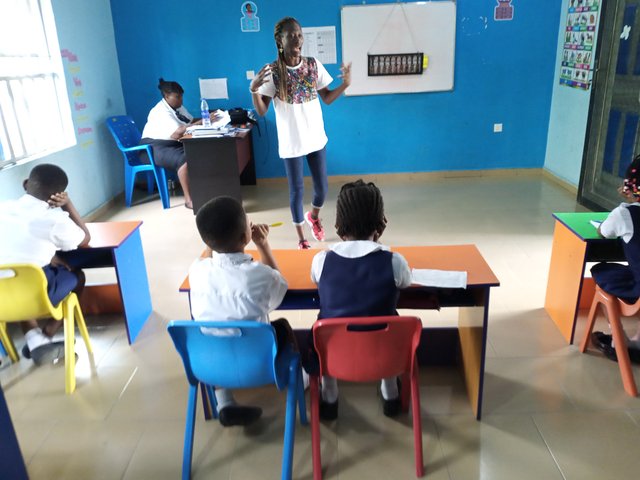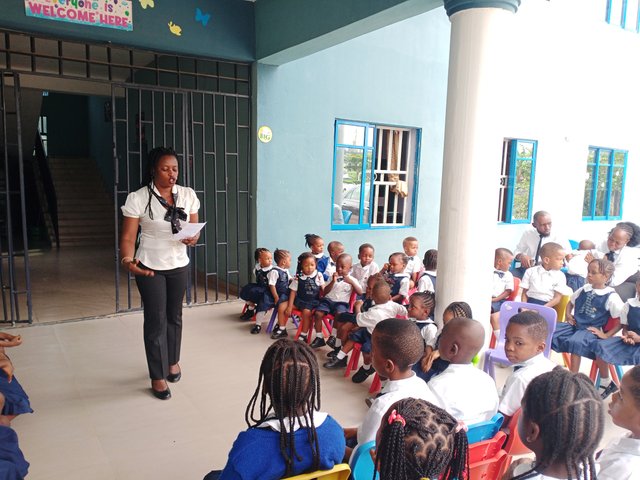Effective Classroom Communication: Teacher Competencies

Communication is essential in the classroom: Good teaching is thought to require only 50% knowledge and 50% communication abilities.
Teachers are responsible for 80 percent of all classroom conversation. Teaching entails delivering instructions, reprimanding, recalling, questioning, recommending, inspiring, or explaining.
As a result, a teacher should be skilled in all four modalities of communication - listening, speaking, reading, and writing. A teacher should understand how to apply these skills successfully in the classroom. Being able to do so has been shown to influence kids' academic progress as well as their overall well-being.
In this piece, I will explain why classroom communication is so important. You will also discover some tactics to help you and your learners achieve the best results possible.
Why is it critical for teachers to have good communication skills?
Teachers gain from effective communication skills in three areas: with learners, with parents, and with colleagues.
Interacting with Learners

Communication skills are especially important in interactions with learners because the act of teaching itself necessitates them. As a teacher, you are accountable in your job for grasping and breaking down complicated information, communicating this knowledge clearly to your learners (both vocally and in written resources), presenting in a way that maintains their attention. You must develop the capacity to listen to and resolve their concerns and questions.
You must also adapt content to different learning styles, motivate children to learn, form supportive connections through encouragement and empathy.
As a teacher, you must develop the capacity to manage the classroom, and provide feedback in order to create a secure and helpful learning environment in your classroom. All of these activities necessitate effective communication abilities.
The greater your communication abilities, the more efficiently you will be able to complete these responsibilities. As a result, your learners will achieve greater academic progress.
Interacting with Parents

You need to communicate successfully with parents as a teacher. This could happen through a variety of channels, such as phone conversations, emails, and in-person meetings, so you must be fluent in both verbal and writing communication.
This is especially crucial because you will frequently have to handle delicate topics such as behavior concerns, learning problems, and the learners’ strengths and limitations without confusing or offending the parents.
When speaking to parents, It is critical that you be explicit while remaining courteous at all times. Failure to communicate effectively with parents may lead to parental misgivings about your capacity to educate, as well as complaints and a lack of knowledge of their child's performance and educational needs.
Final Thoughts
The importance of effective communication in the classroom should not be underrated – it can have an impact on your learners' academic progress, positive self image, perceptions of school, and your own career.
Downvoting a post can decrease pending rewards and make it less visible. Common reasons:
Submit
I am super grateful for your kind comment.I will act accordingly.
Thank you to all voters and mentors!
Downvoting a post can decrease pending rewards and make it less visible. Common reasons:
Submit